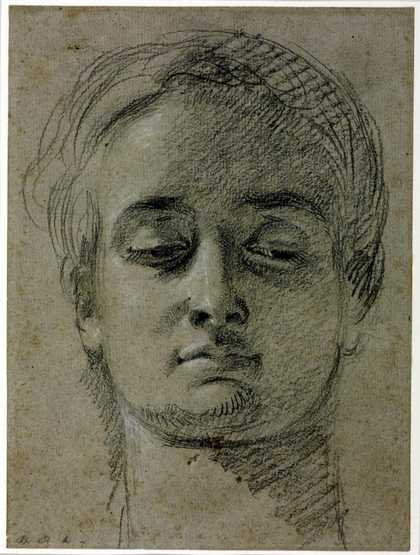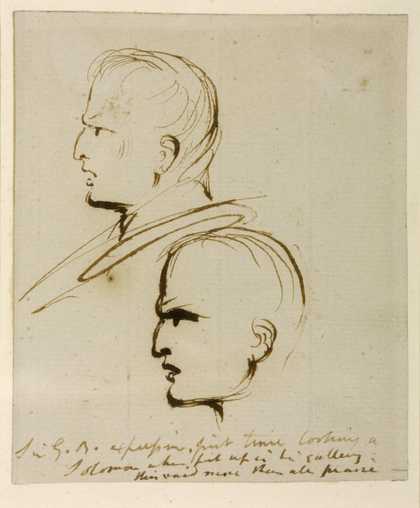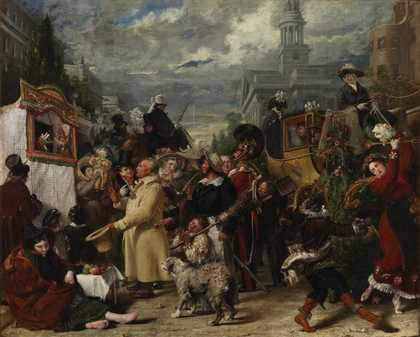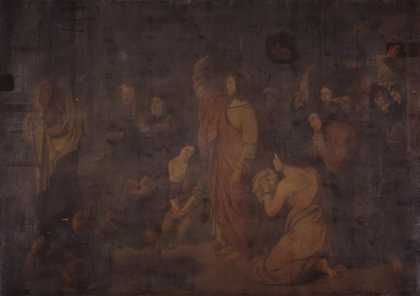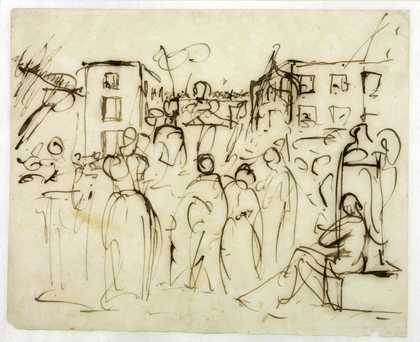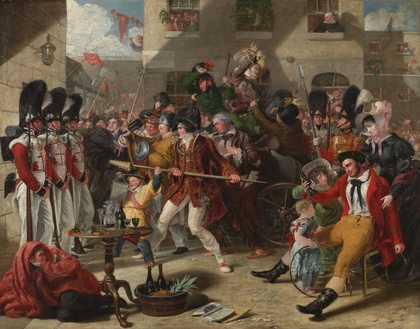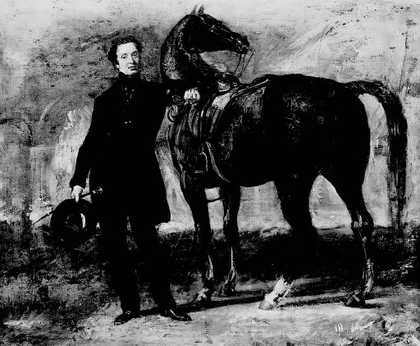Historic and Modern British Art
Biography
Benjamin Robert Haydon (; 26 January 1786 – 22 June 1846) was a British painter who specialised in grand historical pictures, although he also painted a few contemporary subjects and portraits. His commercial success was damaged by his often tactless dealings with patrons, and by the enormous scale on which he preferred to work. He was troubled by financial problems throughout his life, which led to several periods of imprisonment for debt.
This biography is from Wikipedia under an Attribution-ShareAlike Creative Commons License. Spotted a problem? Let us know.
Read full Wikipedia entry

